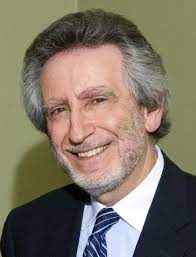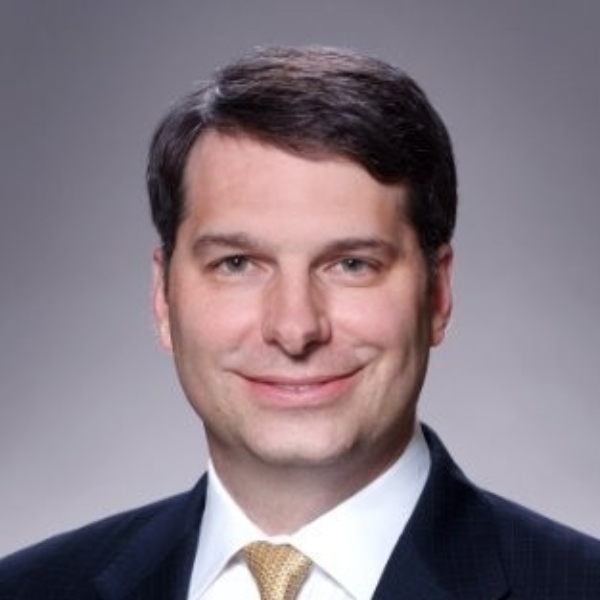
The landscape of healthcare has been drastically transformed by the advent of telehealth technologies, with pioneers like Dr. Eli Y. Adashi leading the charge. A renowned physician-scientist and esteemed professor at the Warren Alpert Medical School of Brown University, Dr. Adashi has dedicated his career to advancing telehealth solutions, most notably the “Hospital-at-Home” paradigm, to revolutionize the management of chronic care patients.
Remote Patient Monitoring and Hospital-at-Home Paradigm: Dr. Adashi is a staunch advocate for the implementation of Remote Physiologic Monitoring (RPM) as a key instrument in managing chronic care patients from the comfort and safety of their homes. His recent insightful commentary, meticulously researched and published in the prestigious American Journal of Medicine, sheds light on the rapid evolution of RPM as an invaluable tool in minimizing unnecessary hospital visits and significantly reducing the risk of hospital-acquired infections.
The Hospital-at-Home paradigm, which Dr. Adashi ardently supports, leverages RPM and Remote Therapeutic Monitoring (RTM) to manage chronic conditions such as hypertension, diabetes, and heart disease. This paradigm shift empowers patients to take a more active role in their healthcare, thereby improving their overall quality of life.
The integration of RPM and RTM into chronic care management enables healthcare providers to continuously monitor patients’ vital signs, symptoms, and medication adherence. This real-time data is crucial for making informed clinical decisions, ultimately improving patient outcomes and reducing hospital readmissions.
Legislative and Executive Contributions: Dr. Adashi has not only been a trailblazer in the field of telehealth but has also played a pivotal role in shaping the legislative and executive landscape concerning RPM and RTM. While the legislative branch, particularly Congress, has struggled to enact various bills related to remote monitoring technologies, the executive branch, specifically the Centers for Medicare & Medicaid Services (CMS), has taken a proactive stance.
The CMS has extended policies relevant to RPM and RTM through December 31, 2024. This extension reflects the growing acceptance and integration of these technologies into standard healthcare practices, thereby solidifying their importance in modern medicine.
Moreover, Dr. Adashi has been actively involved in advocating for the inclusion of RPM and RTM in the reimbursement policies of Medicare and Medicaid. This is a significant step towards ensuring that these vital telehealth services are accessible to a broader population, particularly the elderly and low-income individuals who are often the most in need of chronic care management.
Future of Telehealth and Chronic Care: Looking ahead, Dr. Adashi emphasizes the need for continued exploration and expansion of remote monitoring technologies. These innovative solutions have the potential to revolutionize the management of chronic conditions, providing invaluable support to patients in subacute settings, such as nursing homes and senior living centers.
Moreover, Dr. Adashi encourages a comprehensive examination of the impact of RPM and RTM on patient safety and satisfaction. By conducting rigorous clinical trials and studies, the healthcare community can gather empirical evidence on the efficacy of these technologies, thereby facilitating their adoption across various healthcare settings.
The integration of artificial intelligence and machine learning algorithms into RPM and RTM is another avenue that Dr. Adashi is keen on exploring. These advanced technologies can analyze vast amounts of patient data to identify patterns and predict potential health risks, thereby enabling healthcare providers to take a more proactive approach in managing chronic conditions.
Furthermore, Dr. Adashi is a strong proponent of patient education and engagement in managing their health. He believes that informed patients are more likely to adhere to their treatment plans and make lifestyle changes that can significantly improve their overall health outcomes.
Conclusion: Dr. Eli Y. Adashi’s groundbreaking contributions to the field of telehealth and chronic care management are indeed commendable. His unwavering commitment to improving patient outcomes, coupled with his advocacy for the integration of remote monitoring technologies, positions him as a prominent figure in the ever-evolving landscape of healthcare.
As we move towards a more patient-centered approach to healthcare, Dr. Adashi’s pioneering work will undoubtedly continue to play a crucial role in transforming the healthcare system. His innovative solutions, advocacy efforts, and dedication to patient education and engagement will continue to pave the way for a future where chronic conditions are managed more effectively, ultimately benefiting patients worldwide. In summary, Dr. Adashi’s contributions to telehealth and chronic care management are a testament to his commitment to improving the lives of patients around the globe.



